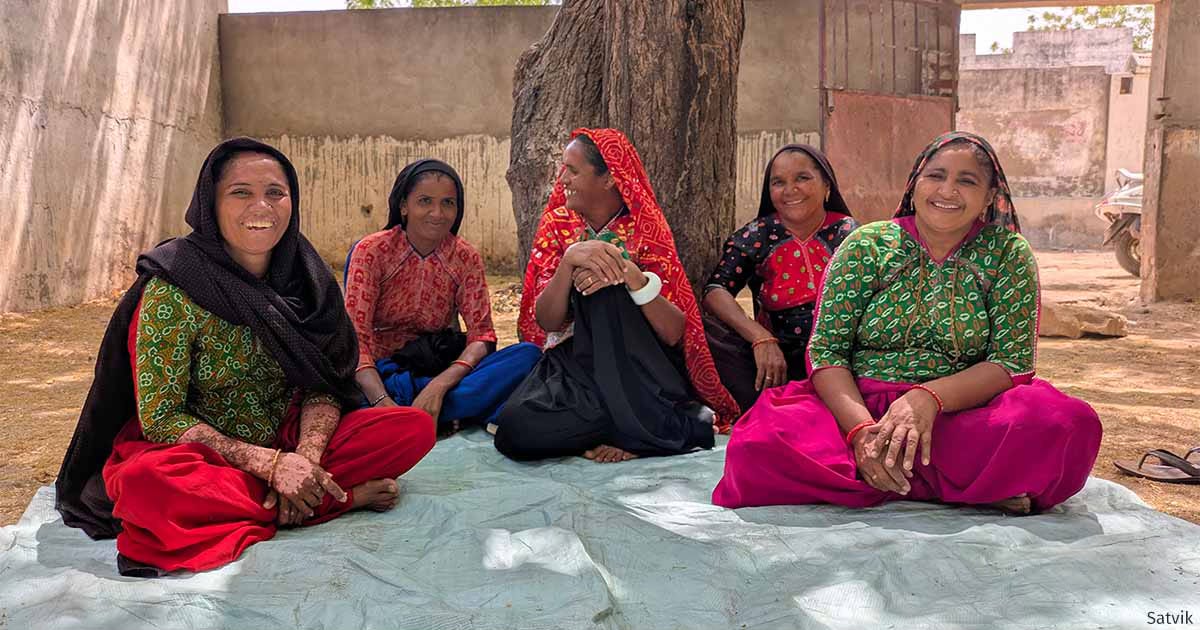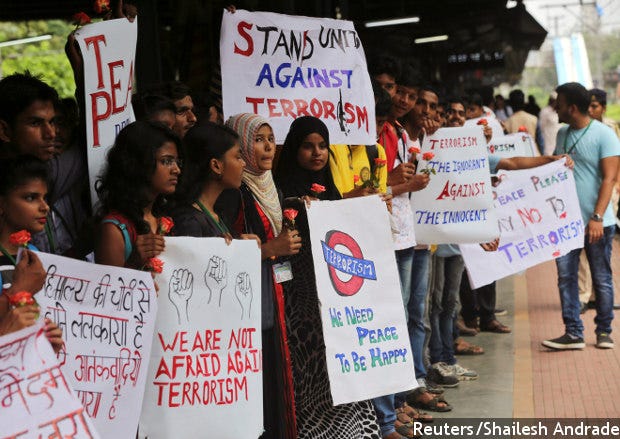Weathering Crises
This week, how traditional multi-cropping can help Kachchh farmers adapt to changing climate, and a look at the human toll of terrorism
This week, we bring you two powerful stories of survival—one drawn from the cracked earth of Kachchh, the other from the shadow of conflict. In Gujarat’s semi-arid plains, farmers are quietly reviving Ram-Mol, a traditional cropping method that’s as much about self-sufficiency as it is about resilience in the face of climate uncertainty. Elsewhere, data reminds us of another, grimmer kind of resilience: the toll of terrorism, with India and Pakistan among the world’s most affected. Different crises—but in both, the cost is borne by ordinary people navigating extraordinary strain.
Ram-Mol: A Tradition Rooted in Resilience
In Gujarat’s semi-arid Kachchh, farmers have long relied on Ram-Mol—a traditional multi-cropping system—to brave harsh weather and droughts. This indigenous practice, involving the cultivation of up to seven native crops like pearl millet, green gram, sorghum, and castor on the same plot, boosts food security, soil health, and climate resilience.
While hybrid seeds and irrigation have lured many towards monocropping, the input-heavy nature of modern agriculture is prompting a rethink. NGOs like Satvik are working to revive interest in Ram-Mol by distributing native seeds, promoting seed banks, and offering marketing support. Though labor-intensive and less profitable per acre than hybrid castor, Ram-Mol fosters self-sufficiency and biodiversity, and buffers against erratic rainfall.
As farmers like Rasika Behn and Valjibhai Gagal return to their roots, the question isn't just of productivity, but of preserving a sustainable farming tradition that has weathered centuries of change. Azeera Parveen Rahman reports.
Terrorism Remains South Asia’s Deepest Wound
Terrorism continues to be a defining threat in South Asia, with both India and Pakistan facing heavy losses. In 2024 alone, global terror incidents killed an average of 59 people a day—460 in India and over 1,500 in Pakistan. A new report by the Institute for Conflict Management highlights that Pakistan now ranks second globally for terrorism impact, behind only Burkina Faso.
Despite these numbers, Pakistan’s response remains limited—while India secured over 41,000 militant surrenders in 24 years, Pakistan managed just 10,000, largely excluding key groups like LeT or JeM. Suicide bombings, the deadliest form of attack, are surging: 144 people died in just four months this year.
Experts warn that without a coordinated, sustained strategy against terror, symbolic responses are futile. As geopolitical tensions rise, voices grow louder for a united global stance—one that recognizes terrorism not just as a regional issue, but a global humanitarian crisis. For IndiaSpend Hindi, Parikshit Nirbhay reports.




